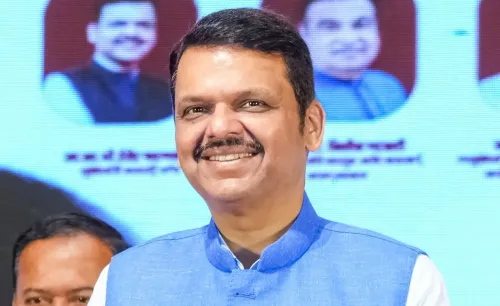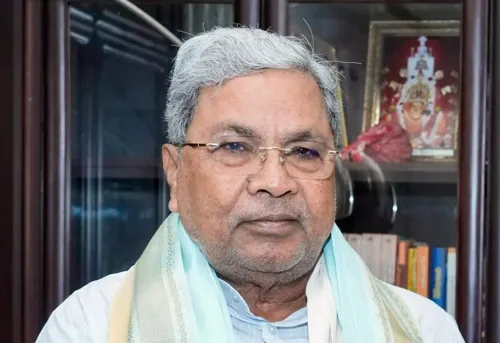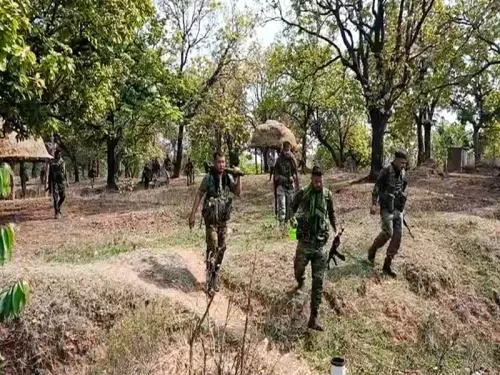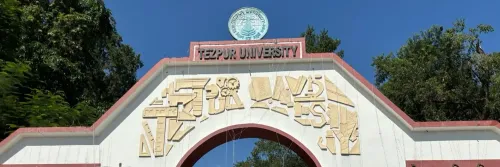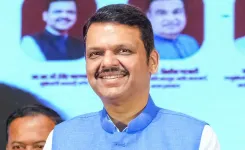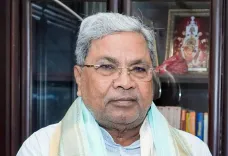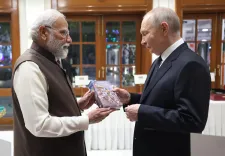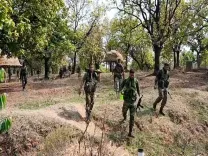Sam Pitroda: India Should Have Delayed US Engagement Amidst Trump Administration Turmoil
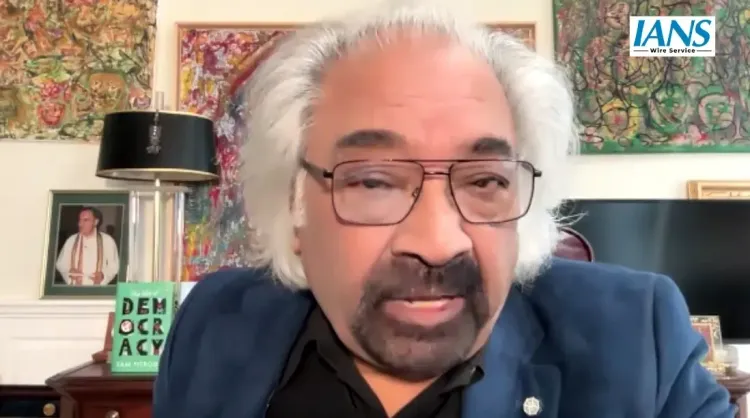
Synopsis
Key Takeaways
- Delay in US engagement advisable during political flux.
- Tariff disputes with major partners overshadow India.
- India-US trade goals are ambitious yet attainable.
- China should not be viewed as an enemy by India.
- Safety improvements needed for Indian Railways.
New Delhi, Feb 17 (NationPress) Sam Pitroda, the chief of the Indian Overseas Congress, expressed on Monday that it would have been more prudent for the Indian government to postpone discussions with the US until the political climate stabilizes. Currently, the situation in the United States remains unpredictable.
In a candid interview with IANS, Pitroda highlighted that significant changes have occurred daily in the US since President Trump's inauguration, including tariff disputes with major trade partners like Mexico, China, and Canada, which overshadow India. The Trump administration's focus on immigration issues and a higher rate of job terminations compared to new hires further complicates the landscape.
Pitroda also commented on the recent stampede at the New Delhi Railway Station, criticized the confrontational stance towards China, and reflected on the condition of institutions under the Modi administration. Below are some key excerpts from the interview.
Q: What is your opinion on Prime Minister Narendra Modi's recent trip to the US?
A: From my viewpoint, I would have recommended that Prime Minister Modi take a step back, as the situation in the US is still evolving. There are daily developments in the US, particularly concerning tariffs with China, Mexico, and Canada, which are significant trading partners in comparison to India.
There was no urgency to act. It would have been wiser to allow matters to stabilize with the Trump administration.
This visit by the Indian Prime Minister seemed more about the US communicating its desire to forge trade relations with India, akin to those with other countries. The scope for negotiation was minimal, and there was little demand from the Indian side.
Q: How do you assess the current India-US trade relationship?
A: The US has indicated it will impose tariffs on Indian goods. Trade with India is relatively small compared to other countries, and the Trump administration intends to implement 'reciprocal tariffs' against India. The US has made it clear that it expects India to purchase oil, natural gas, and enhance defense partnerships, including acquiring fighter jets like the F-35.
If the current India-US trade stands at $90 billion, our goal is to see it reach $500 billion by 2030, which would require significant growth over the next five years. This ambition is quite substantial. Key topics of discussion with the US included trade, immigration, defense procurement, Asia-Pacific relations, and technology.
It's beneficial to boost trade with any country (in this instance, the US). One should not interpret the US President's compliments, such as calling ‘PM Modi the better negotiator’ as praise—results from negotiations between the two nations reveal who the more effective negotiator is.
Q: How should India perceive China: as an adversary or ally?
A: India ought not to view China as an adversarial nation but should instead acknowledge its development. A confrontational stance breeds animosity, and we must shift away from that mentality. China is not our enemy... This mindset fosters domestic support. It's time to enhance our communication. We must Collaborate, Cooperate, and Co-create instead of adhering to a command-and-control approach.
Some nations will advance slowly, while others will progress rapidly. Developed nations may grow quicker but will face challenges with aging populations. Conversely, developing economies will take longer to mature but will benefit from demographic dividends. It is always advantageous for world leaders to convene and establish connections. Increased foreign interactions are beneficial, especially for India, home to 1.5 billion people.
Q: What are your thoughts on the recent stampede at the New Delhi Railway Station?
A: I was involved in planning the modernization of Indian Railways during the tenure of former Prime Minister Manmohan Singh when Dinesh Trivedi served as Union Minister for Railways. The risk of accidents in railways is significantly higher compared to bus terminals or airports. The potential for loss of life at a railway station is considerable. There has been insufficient investment in safety, security, and railway track maintenance. The stampede in Delhi occurred due to overcrowding. The government needs to prioritize the safety and security of its citizens.
Q: Are institutions independent today under the present Union government?
A: Democracy extends beyond elections; it is merely a starting point. Free and fair elections are the initial step. The autonomy of institutions such as universities, the judiciary, law enforcement, civil society, and media is lacking under the current administration.


